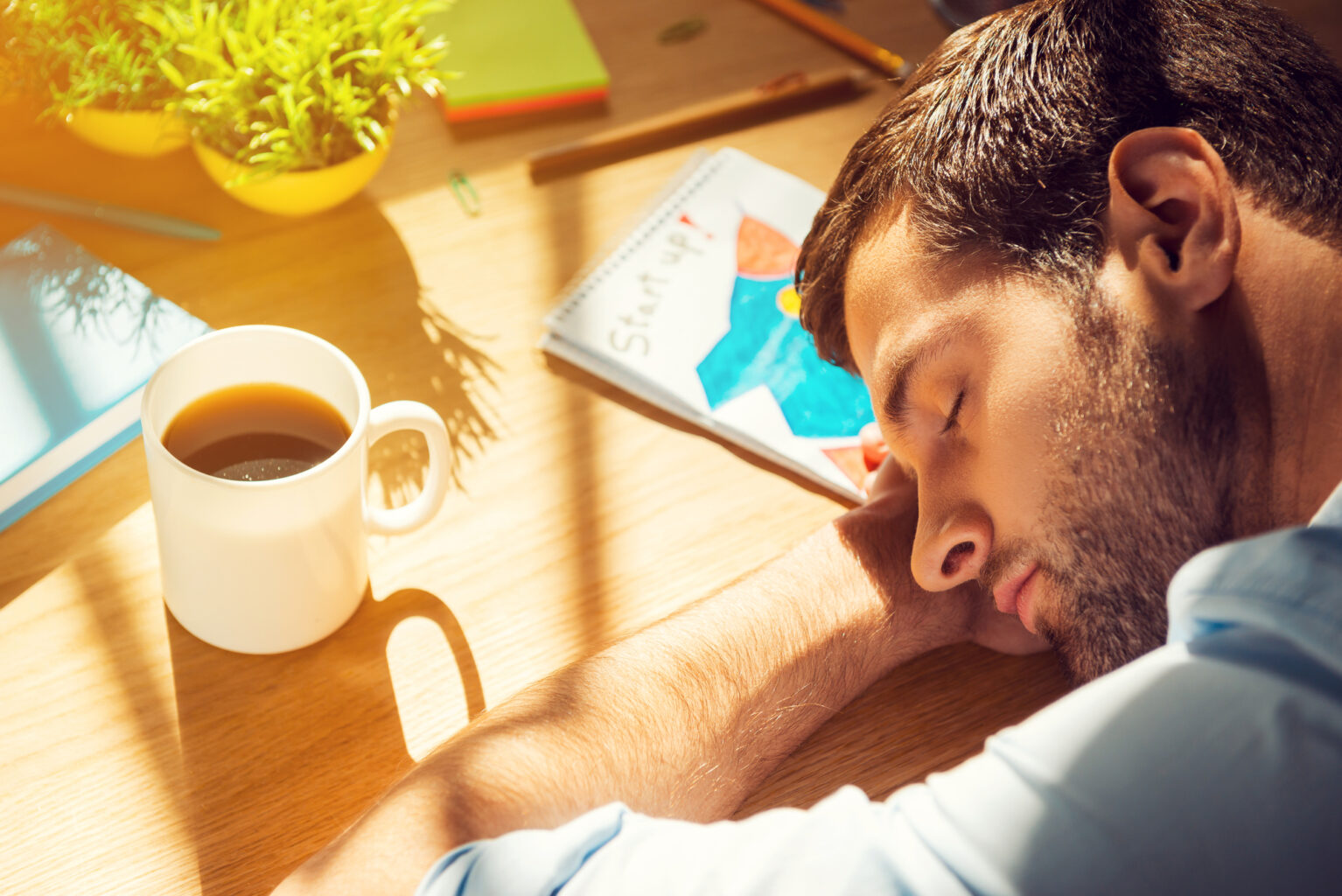
Adults require between seven and nine hours of sleep per night to feel rested. So, what if you are getting the recommended amount of sleep but still feel drowsy throughout the day? This could indicate a medical issue like thyroid disease, obstructive sleep apnea, adrenal fatigue, chronic fatigue syndrome, or anemia. It could also mean that your sleep routine needs an overhaul.
Before undergoing a sleep study or other medical testing, it could be worth it to try these 7 tips for better sleep:
1. Make a schedule
Children almost always have a set bedtime. Why don’t adults? Having a set sleep and wake time improves sleep quality. Irregular sleep patterns can mess with your circadian rhythms and reduce levels of melatonin. It may take a few weeks for your body and mind to adjust to the new schedule, but it could make all the difference!
2. Avoid the screens
Exposure to blue light in the evening can also disrupt your circadian rhythm and reduce the melatonin hormone, preventing you from reaching deep sleep. We recommend turning off or avoiding phone and computer screens for at least two hours before your scheduled bedtime.
3. Reduce caffeine intake
If you’re feeling tired throughout the day, you might be drinking caffeine at later hours just to make it through. Unfortunately, this creates a perpetual cycle of poor or limited sleep that makes you drink even more caffeine.
Instead of drinking another coffee in the afternoon, try stepping outside for a short, brisk walk, or taking a 10-minute power nap.
4. Take a bath
Warm baths are a tremendous way to relax the mind and body right before bed. Add lavender oil or bubbles to the water for a relaxing aroma. This is a great time to set your phone aside and do some breathing exercises or read a book instead!
5. Reduce the temperature in the bedroom
Cooler temperatures create better sleeping environments. In a hot room, you may be waking up throughout the night to kick off a blanket or roll to a cooler spot without even realizing it. Reduce the temperature to around 70°F for optimal comfort and sleep quality.
6. Eliminate disruptive lights and sounds
External noise and artificial lights can impair sleep quality. If possible, turn off all lights in the room, including light from alarm clocks and other devices. People who live on high-traffic roads or in noisy environments can drown out the sounds with white noise or a fan.
7. Try a melatonin supplement
Replenish your body’s most important sleep hormone with a supplement. Melatonin helps the mind and body relax, making it easier to fall asleep and dive into a deep sleep. Check with a doctor for dosage recommendations.
When all else fails…
Speak with a sleep expert. For people who suffer from obstructive sleep apnea, Dr. Timothy Mickiewicz offers several effective solutions.
Known as the “Face of Dental Sleep Medicine,” Dr. Mick is the go-to guy in Sacramento for dental-related sleep issues like OSA. He is double-certified by the Academy of Clinical Sleep Disorder Disciplines and is determined to help his patients gain better sleep so they can live more fulfilling lives.
Dr. Mick works closely with sleep doctors and other medical professionals to create a personalized treatment plan for each of his patients. To start your journey toward better sleep, contact our team today at (916) 469-9178.


